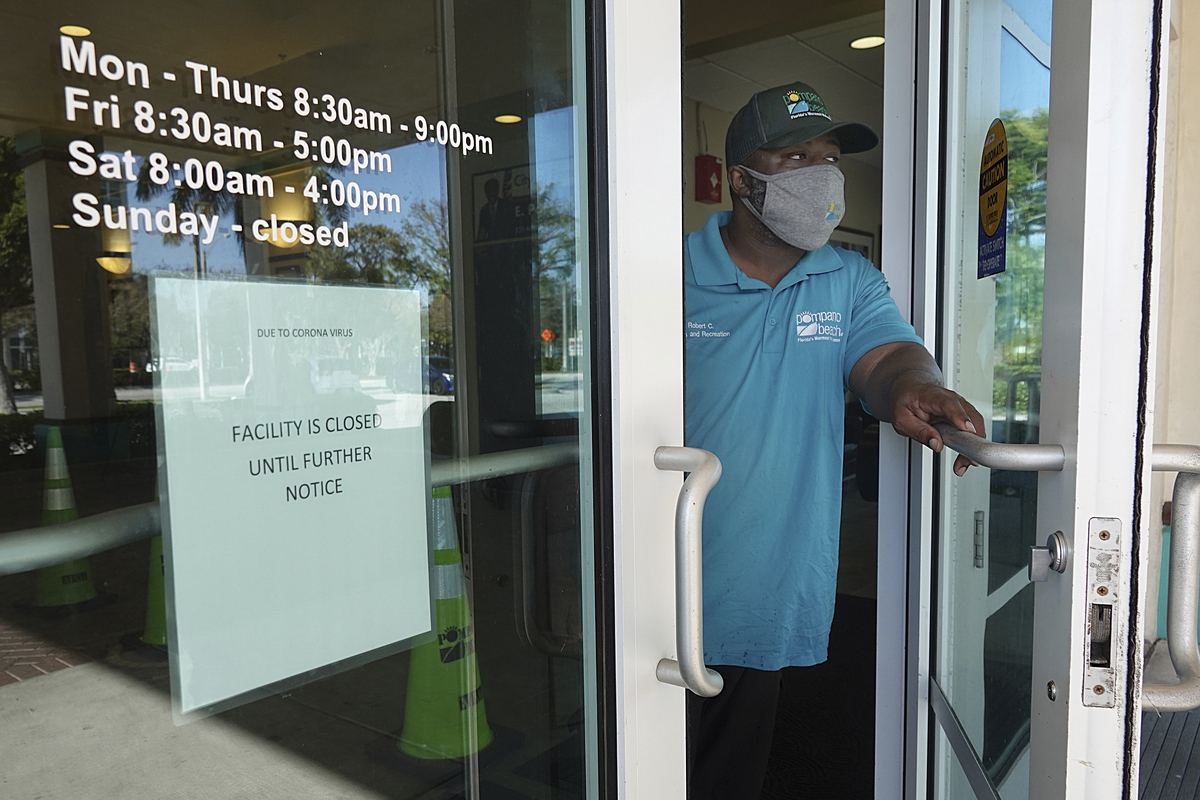J&J clot reports further strain vaccine drive


Efforts to tackle the pandemic have been dealt a fresh setback with moves by the United States and South Africa to suspend the use of Johnson & Johnson's COVID-19 vaccine on worries over blood clots linked to the shot.
Amid the concerns over the reported side effects, the US drugmaker said it would delay its distribution of the vaccine to Europe. The issue of blood clots has over the past weeks caused health authorities in the region to chop and change directives for a vaccine from AstraZeneca.
In the US, the Centers for Disease Control and Prevention and the Food and Drug Administration on Tuesday recommended a pause in the J&J jab after finding that six women aged between 18 and 48 had developed blood clots.
One later died and another is in critical condition.
US Food and Drug Administration scientist Peter Marks has said the disorder might be triggered by a rare immune response to the vaccine similar to that seen in a few hundred recipients of AstraZeneca's jab in Europe.
Last week, European regulators said they found a possible link between the shots and a very rare type of blood clot that occurs together with low blood platelets, one that seems to occur more in younger people. Several countries have imposed limits on who can receive the vaccine.
US authorities are now conducting a probe that could result in tough regulatory choices, such as restricting the J&J vaccine to older people.
People who have received the shot within the past three weeks were asked to report to their doctors if they experienced severe headaches, abdominal pain, leg pain or shortness of breath.
Nearly 7 million people in the US have received J&J's one-dose shot so far, and roughly 9 million more doses have been shipped out to the states, according to data from the CDC.
Advice followed
Following the US recommendation to temporarily pause the program domestically, South African Health Minister Zweli Mkhize announced the voluntary suspension of the J&J vaccine rollout on Tuesday evening in a news briefing.
"This has occurred due to reports of six females who developed unusual blood clots with low platelets."
He said there were no report of clots that had formed after vaccinations in South Africa, where 289,787 healthcare workers have been inoculated. However, South African scientists have advised that "we cannot take the decision made by the FDA lightly".
Earlier that day, J&J had said it was delaying the rollout of its vaccine across Europe after the announcement of the US probe.
The delay is a further blow to vaccination efforts in the European Union, which have been plagued by supply shortages, logistical problems and concerns over unusual blood clots in a small number of people who received the AstraZeneca jab.
Both the J&J and AstraZeneca vaccines use a cold virus, called an adenovirus, to carry the coronavirus' spike gene into the body, prompting an immune response.
Agencies, Xinhua and Ai Heping in New York contributed to this story.

































